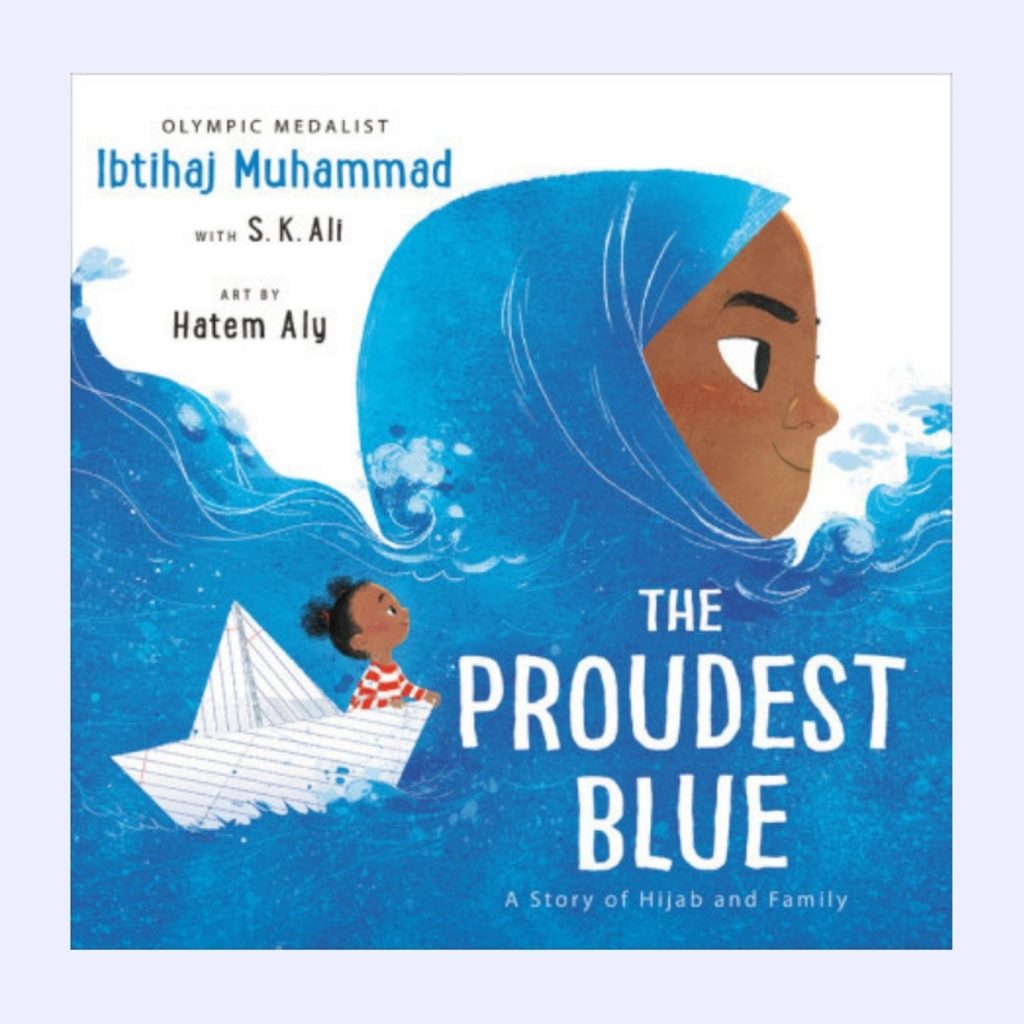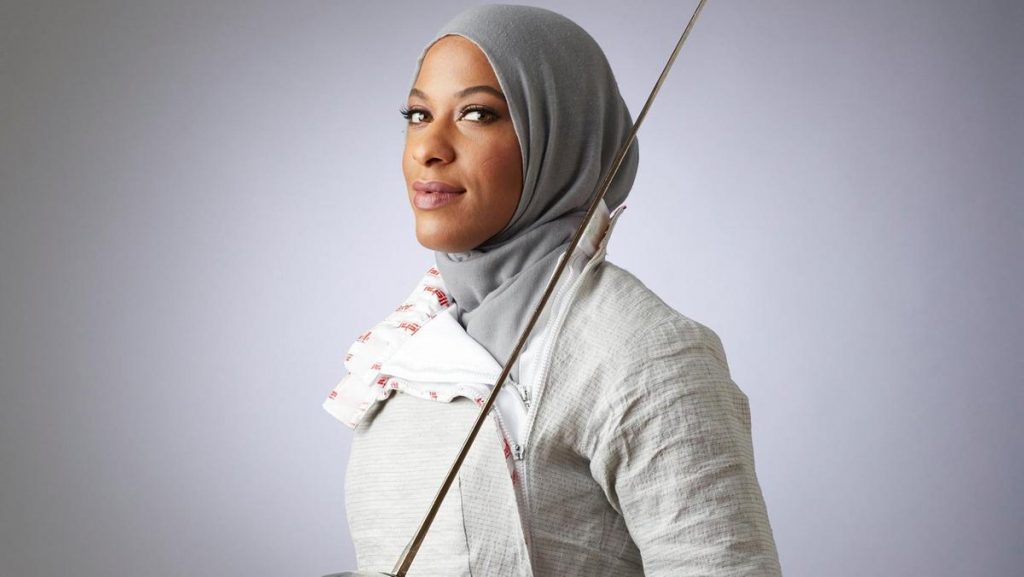

Ibtihaj Muhammad is a woman on a mission, one which is greater than what drove her to be the first Muslim African-American to win a medal while wearing the hijab in the 2016 Olympics in Rio. She has now become an inspiration for many Muslim women who don the hijab but feel oppressed or ridiculed.
The decision Ibtihaj made at age six to don the Hijab back in New Jersey, USA, had yielded dividends but in a way she never imagined. The first in her family to do so and not being apologetic about it in the face of taunts and insults that followed her from school days right into the sports arena had finally paid off. She still remembers those moments. “To have someone refer to you in a Hijab as a curtain, towel or tablecloth”¦even saying those words out loud gives you chills in a way. These bullies and the words they said, you don’t forget them because words have a lot of power and can hurt,” she says. Ibtihaj says she got bullied a lot as a kid, but not always for wearing the hijab. Sometimes, it was for being the only child of ‘colour’.
And now Ibtihaj has helped turned bullying experiences into new children’s book that she has co-authored. The book “The Proudest Blue: A Story of Hijab and Family” looks at a common childhood experience “ the first day of school. For sisters Faizah and Asiya, the first day is extra special because older sister Asiya will be wearing a beautiful blue hijab to school for the first time. The head covering, worn in public by some Muslim women, is a way to honour Islam. But as Faizah and Asiya navigate a new school year, the two siblings encounter questions as well as teasing and bullying for wearing a hijab. It’s an experience that co-author Ibtihajknows all too well. She made headlines in 2016 when she became the first Muslim American woman to represent the United States in the Olympics wearing a hijab, and the first to win a medal at the games. Since then, she’s been viewed as a role model for young Muslim women, something she says is still surreal.
As a child growing in the suburbs of New York City, Ibtihaj says her parents and siblings were one of the only Muslim families in town, yet sporting a hijab was “commonplace” within her family. In elementary school, she had to explain what a hijab was to classmates, something she describes as “quite a heavy load to carry” at such a young age. “At that age, you want to fit in,” she says. She says writing “The Proudest Blue” was cathartic. The children’s book provided her with an outlet to show other little girls wearing hijabs to school that it’s okay “I hope that they see themselves in this work,” she says while teaching other children to “celebrate one another despite our differences.”

COMMENTS